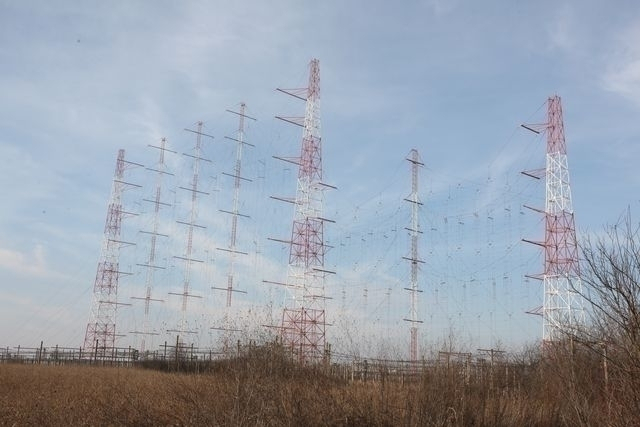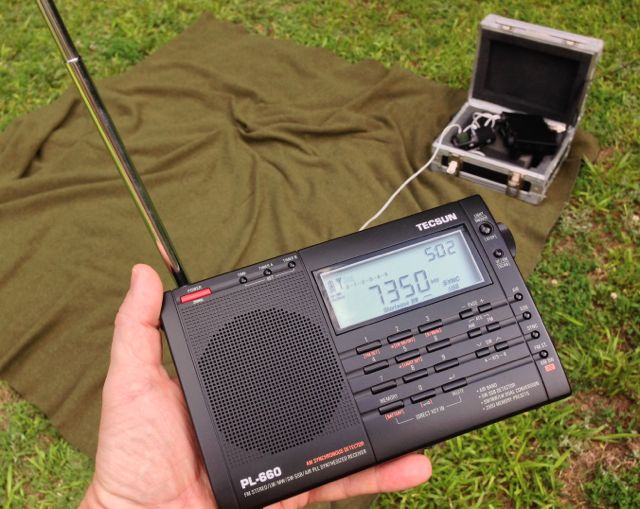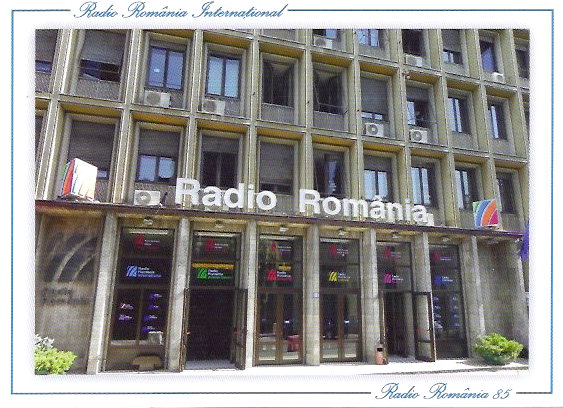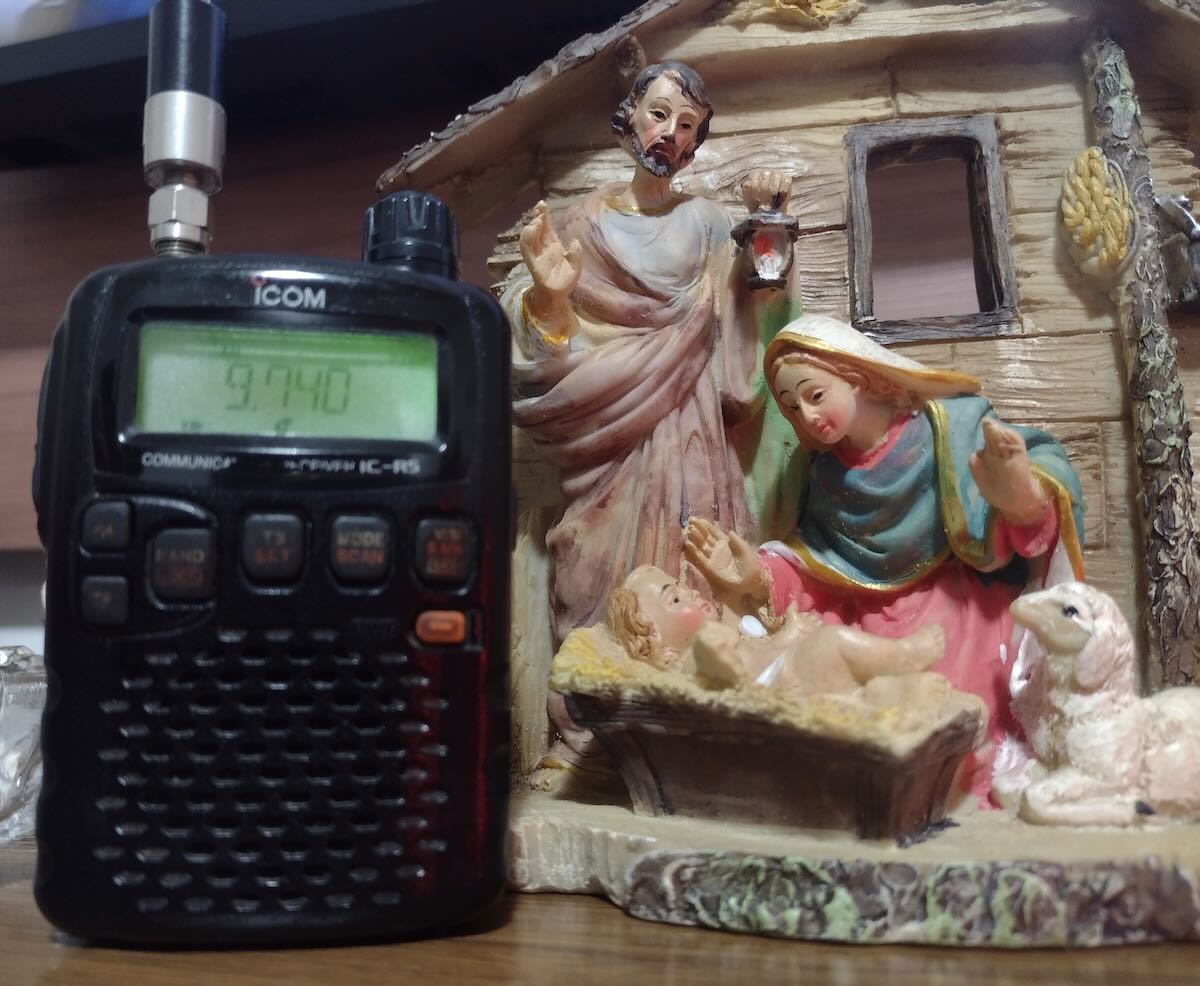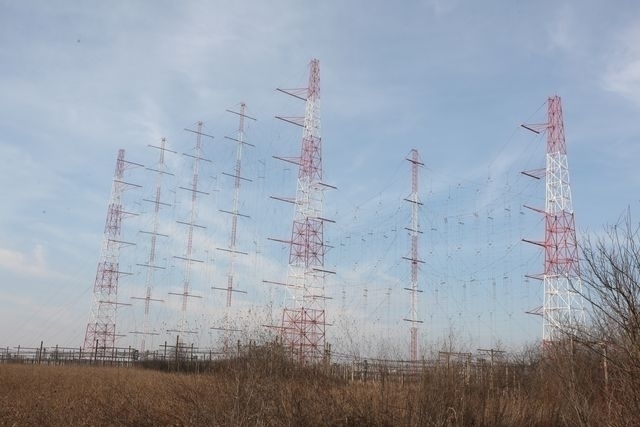
RRI’s Tiganesti-based shortwave transmitter centre (Photo source: Radio Romania International)
Many thanks to SWLing Post contributor, Paul Walker, who shares the following news from RRI:
Two out of the five transmitters broadcasting RRI’s programmes are temporarily suspended as of 1 August
Dear friends, the Radio Romania Board of Administrators decided to temporarily suspend the use of 2 out of the 5 Radiocom shortwave transmitters that ensure the broadcast of Radio Romania International programmes, because of budget cuts. As of August 1, our programmes are aired via one transmitter in ?ig?ne?ti, one in S?ftica (both of them near Bucharest) and one in Galbeni (east). As soon as the budget of the institution is restored, we will resume broadcasts on all 5 transmitters.
The RRI programmes in Romanian, English, French, German, Spanish, Russian, Arabic, Chinese and Hebrew are affected. All of them may be received on only one frequency instead of 2, as of August 1, 2023. The frequencies as well as any other prospective changes operated by Radiocom further to reception monitoring and to your feedback on reception quality will be announced in our broadcasts, on our web page and on Facebook.
Budget restrictions also prompted a reduction of the night time power of medium wave transmitters that broadcast Radio Romania News and Current Affairs programmes and of some regional stations.
We invite you to follow RRI’s programmes online at www.rri.ro (including on demand), on SoundCloud, on Android and iOS apps, via TuneIn and via satellite. You can find more details on our home page. You can also follow us on Facebook, Twitter, Instagram, YouTube, LinkedIn and Spotify.

